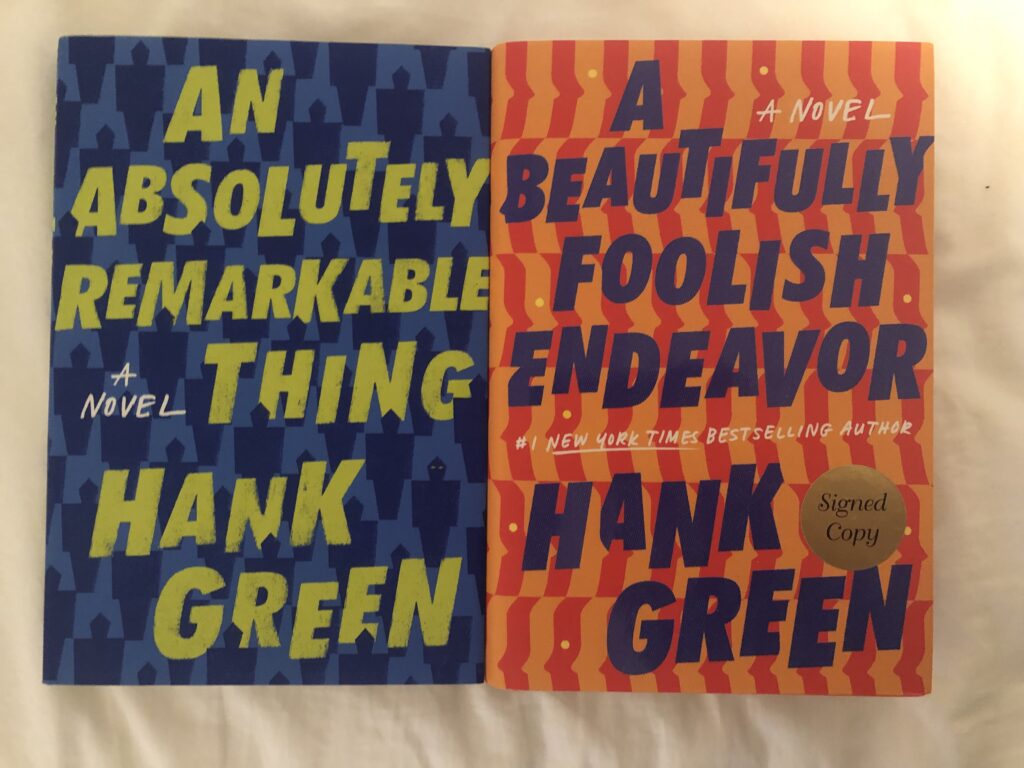A Google search of my own name yielded far more results than I would have expected, and it showed quite a lot of information about my old life before I changed my career path to teaching. It shows me as a student in my previous degree program and the lab I used to work in, as well as a few papers I was on. I was surprised at the amount of information about me that was readily available, but I would not say that I am bothered by it. Everything that came up are things that I am proud of, even though they are not a part of the path that I have switched to. It was somewhat nostalgic to see who the internet thinks that I am, and who someone would see if they were to type my name into a search engine. While I do not begrudge these results being public, I do hope that as I continue my career in education that my online presence will begin to reflect that.
This experience highlighted for me that our digital identity is not necessarily an accurate reflection of our actual identity. In my case this was because of results from my previous career, but this also holds true for any information we or others post about us on social media. Accurate or not, however, it is what others will perceive as the truth about us. In the same way that someone who were to google me now would think that I am currently involved in medical research, a thoughtless Instagram photo or a Facebook post expressing controversial opinions you used to hold five years ago is the picture that people assume that you are. I wonder if this is a potentially useful illustration that I could use with future students about what our digital footprints really are, along with examples of people who faced serious repercussions for what their digital footprints showed. While the information about me is fairly benign, none of what is available for others to see about me is under my control. I wonder if this would help impress upon students the importance of being very careful with the shared information we actually can control, primarily what we post on social media. The identity we portray ourselves to have online is an identity that we will be help accountable to, which is something that students need to understand as soon as they are able.
This has made me wonder if I should actually increase how much I currently use social media in order to better understand the digital landscape to be a more effective model for my future students. While I am not saying that I think students should be following my personal accounts, I wonder if my own lack of social media usage is distancing me from the digital reality that my future students will be living in. Perhaps become a more active digital citizen myself would help me to have more productive conversations with kids about what it means to be a good digital citizen. At the moment, it feels like me trying to help learners be good digital citizens would be akin to me telling someone from the USA how to be a good American, even though I have only visited it a few times and never lived there (not to say I wouldn’t have some suggestions anyway).
I have avoided social media for most of my life for several reasons, but one of them is the fear I have of its downsides for highlighting and promoting content I believe to be harmful. But this is a rather narrow viewpoint and does not encompass the value that social media can have for leaning and community building. Hank Green does an excellent job articulating his thoughts on this here:
Hank Green also wrote these two excellent books about the far-reaching effects of individuals’ engagement with the social internet – An Absolutely Remarkable Thing and A Beautifully Foolish Endeavor. While they are probably beyond the level of what I would recommend for a middle school classroom, I do highly recommend them. I would be interested in hearing any opinions on what Green has to say from anyone who has had the opportunity to read them?

Leave a Reply
You must be logged in to post a comment.